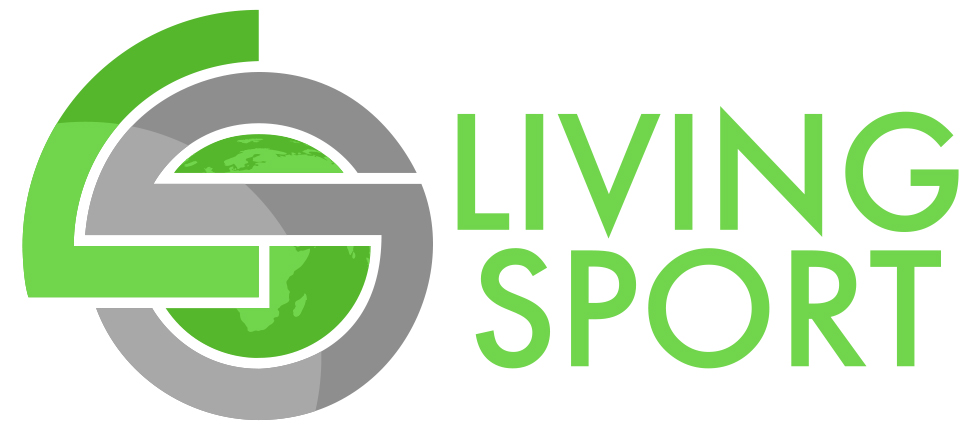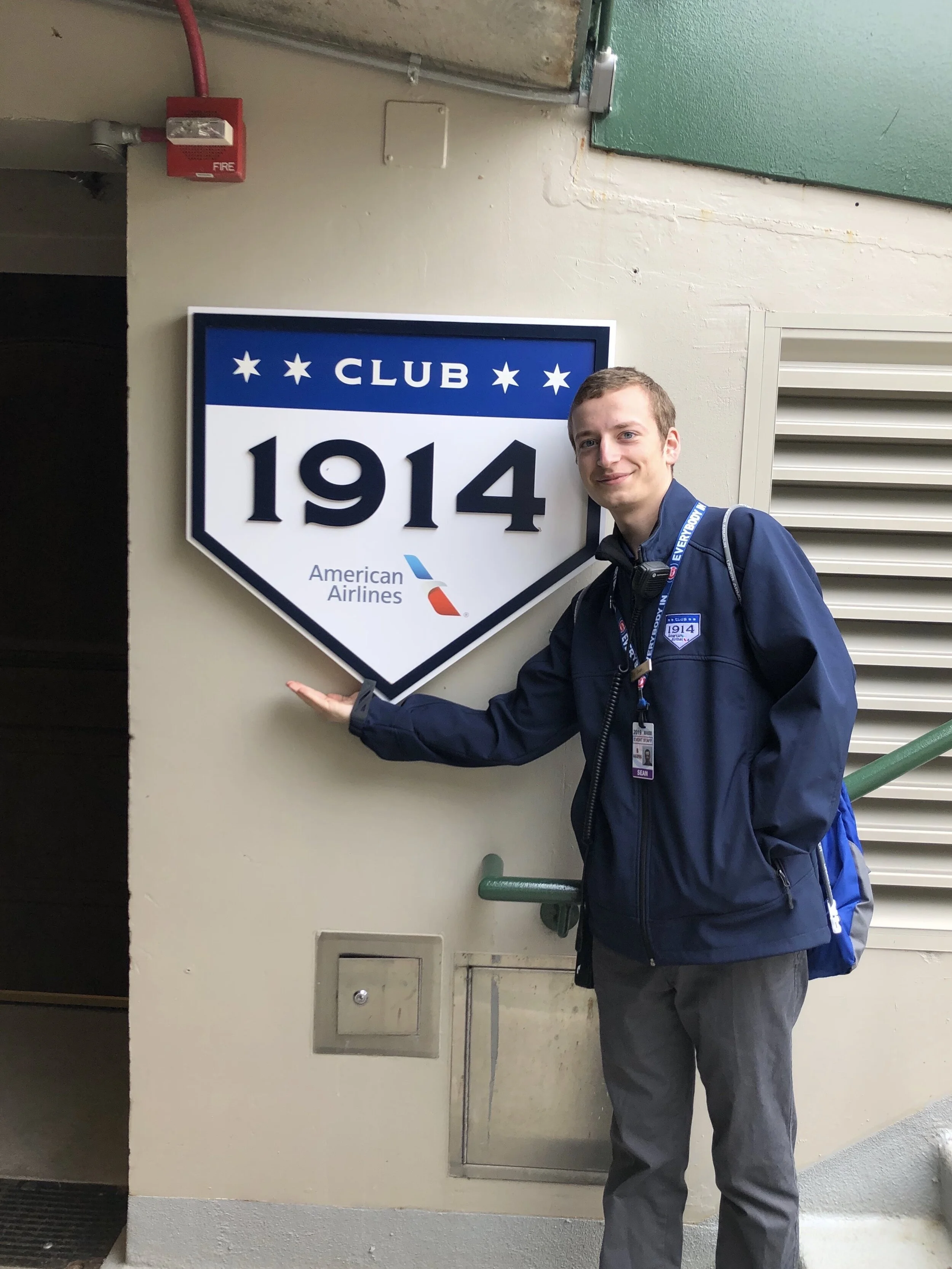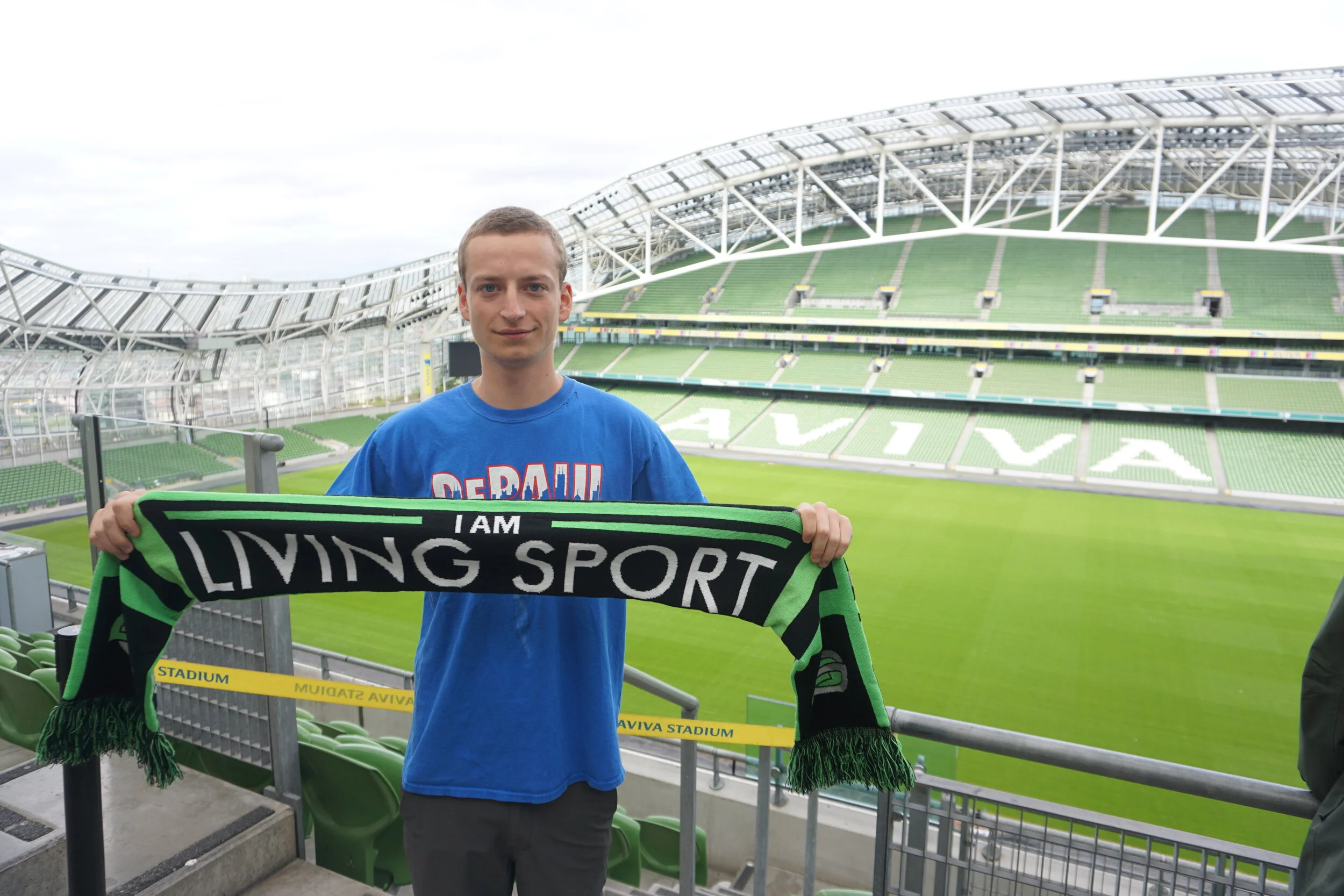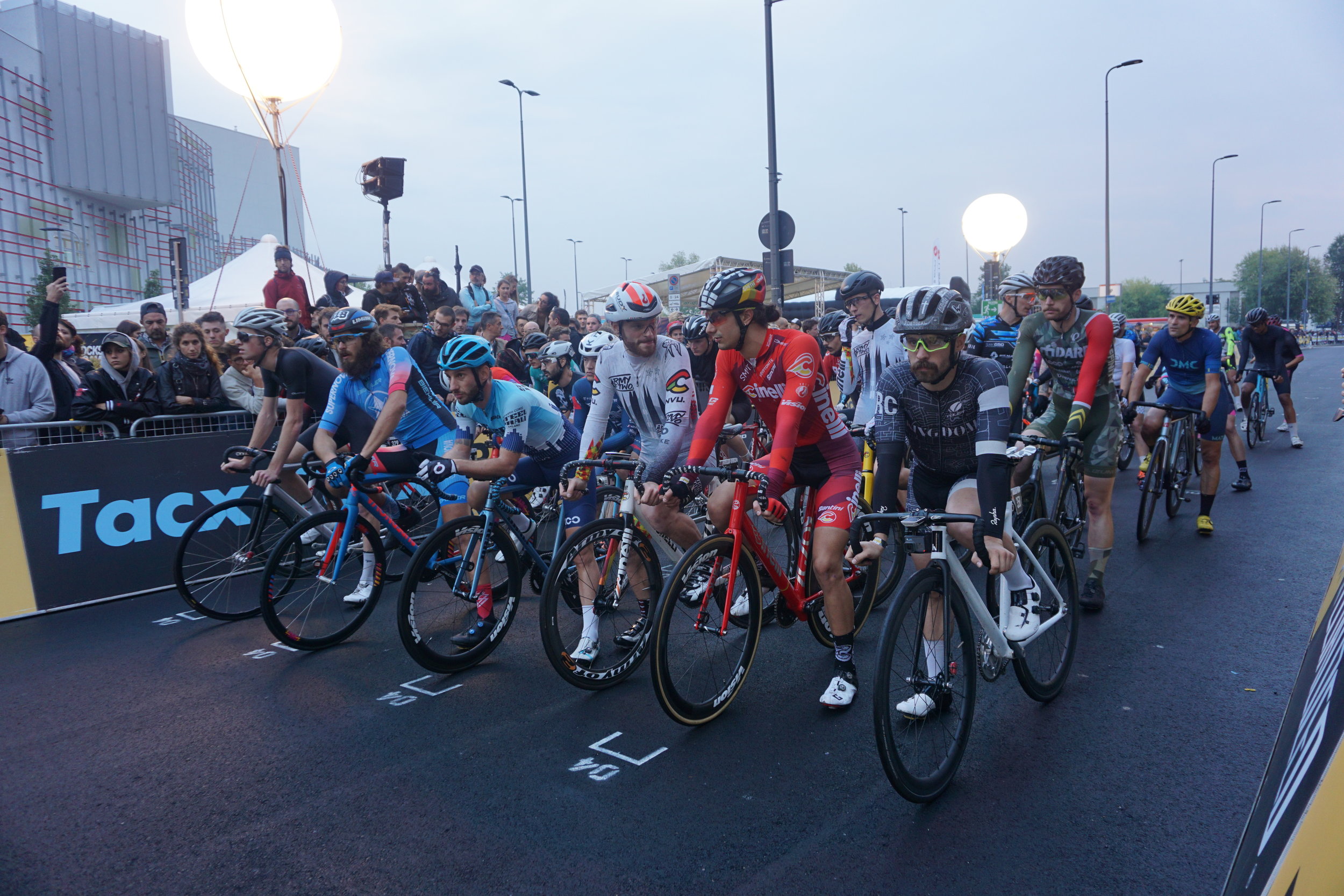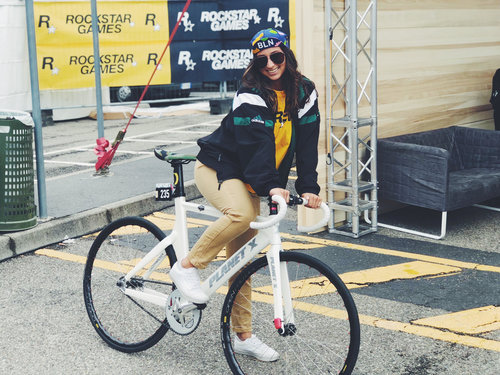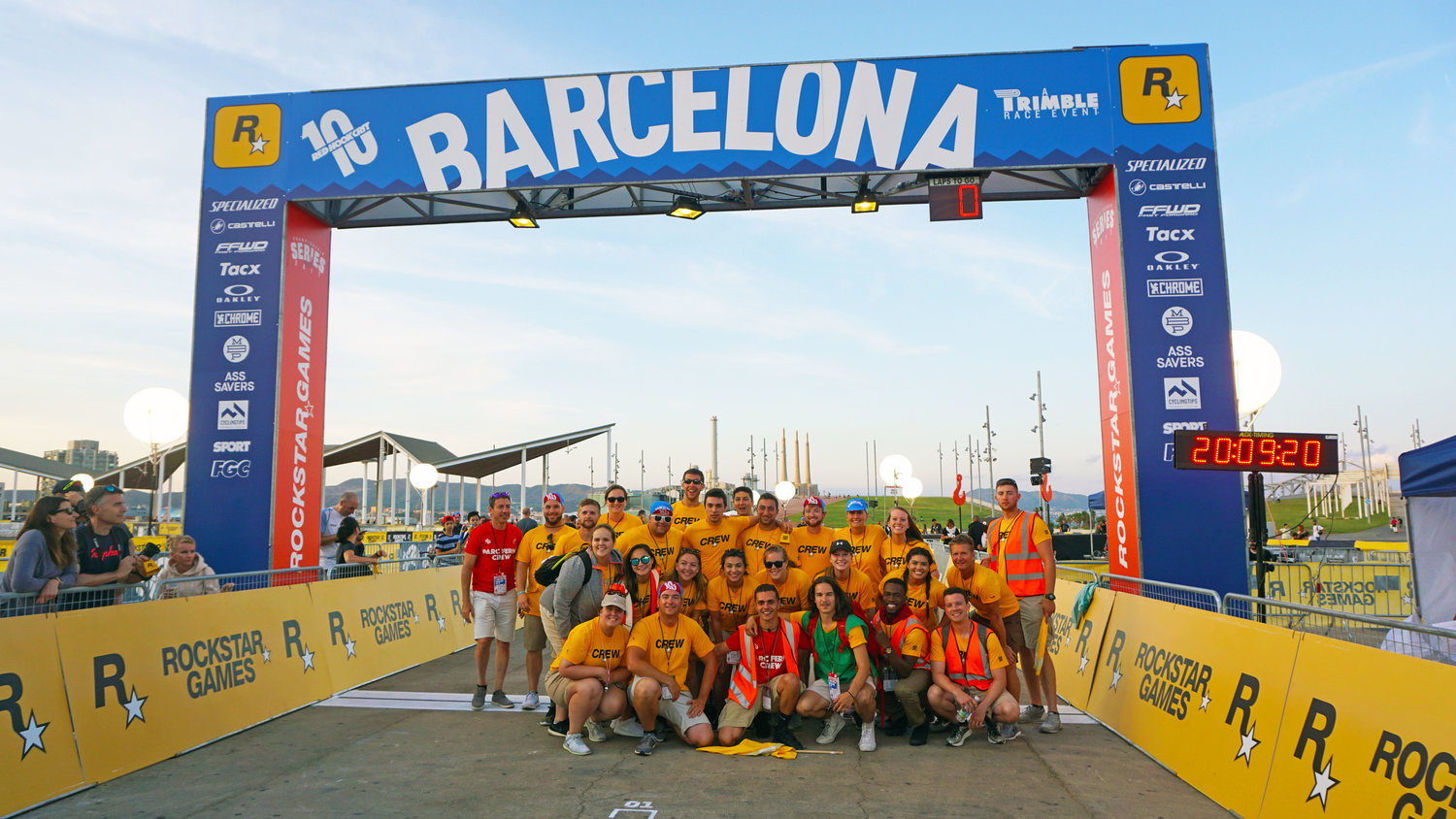By: Sean Montgomery, Living Sport Dublin 2019 Alumni & Student at DePaul University
Having a part-time job while in school is a convenient way to maximize your time by gaining real- world experience as well as keep your wallet happy. For students pursuing a career in sports, working game days is not only a great way to get your foot in the door, but it is also an excellent supplement to what you learn in the classroom. Writing papers, passing exams, and working on group projects are all important elements of a college education, but hands-on work experience in the industry is invaluable.
Working as a part-time associate on game days is also a great way to prove that you are motivated about your career path and that you are willing to start at the bottom. In my experience working for the Chicago Bears, Cubs, and White Sox, I have learned and grown both personally and professionally. Here are a few ways that you too can benefit from working game days for a sports organization while being a full-time student.
Learning Lesson #1: Transferable Skills
While on the job, you will develop communication and customer service skills through interactions with fans as well as colleagues. Oral communication skills and professionalism in the workplace are essential attributes to have in any career.
One thing I have learned is that there are many different types of fans who attend games for all different sorts of reasons. Whether a couple is celebrating their wedding anniversary, a family from a different country is on vacation, or a business professional is entertaining clients, you will meet a diverse range of guests. Delivering outstanding customer service to a diverse clientele is a crucial skill to have in any business.
You will also learn to think on your feet and adapt to situations as they unfold on the spot. You can never be too prepared for situations that arise, and because of this, you will learn problem solving skills with a focus on safety and guest satisfaction. These skills are necessary in any field and will set you up for success wherever your career takes you.
Dressed in game day work attire, Sean poses for a pic at Soldier Field, home of the Chicago Bears
Learning Lesson #2: Networking
Not only is working game days a sure way to make friends, but you will also have the opportunity to build professional relationships with colleagues and superiors. Whether it is your direct supervisor or someone else above you in the organization, there is always something that you can learn from their experiences and expertise.
It is important to always be professional and cognizant of their time, especially during game time, because that’s when they’re most busy. When the timing is right and, in my experience, professionals are happy to share their knowledge with aspirational students.
At each of my jobs, there are colleagues my age who I share interests with, full-time employees that I look up to, and other coworkers much older than myself who have shared their life experiences with me. These are relationships I’m grateful for and wouldn’t be possible if it wasn’t for my gameday experience.
Learning Lesson #3: Determining if Sports is Right for You
From the outside looking in, the sports industry can often seem like “the fun side of business.” In many ways that is true but being in the industry will also demand hard work, time commitment, and effort. If long hours, working weekends, standing for long periods of time, and often sacrificing time with friends and family aren’t your cup of tea, then sports might not be the right business for you.
Sean working at Club 1914 at Wrigley Field
During the academic year, if the Cubs or Sox play an afternoon game, I’ll have time to make my 8:30 AM - 10:00 AM class at DePaul, zip over to the ballpark on the Red Line, and be home at around 6:00 PM (depending on how long the game goes, with baseball you never know) where homework will be happily awaiting me. During the summer months, baseball will take up most of my days. If it’s Bears gameday, Soldier Field is my home for the majority of the day.
What I have found is that working for a sports organization is rewarding and that you get out of it what you put into it. Gaining the experience, forming relationships with incredible people, and being a part of the atmosphere of the game is something no other industry can offer.
Learning Lesson #4: Work/School Balance
For students eyeing a career in sports, working game days is a great way to supplement your education because nothing compares to actual, on-the-ground experience with an organization that exposes you to what the business looks like in action. While this is meaningful and worthwhile, it is important to simultaneously prioritize school and work.
As I touched on above, time spent working can cut into study time. The best way to be on top of everything and still have time for a social life is to plan as much as you can in advance. I track everything from class-related deadlines, my work schedule, other activities and meetings, as well as social activities in a physical planner as well as my iPhone calendar.
Being a student can often times feel like a full-time job and topping that off with part-time employment is a big commitment. Being focused and planning ahead will set you up for success.
I am privileged to have work experience with three incredible sports organizations in the city I live and go to school in. I’ve made unforgettable memories, meaningful connections with people, and learned valuable lessons.
If you are at all considering a career in the sports industry, there’s no better way to get your feet wet than to experience it first-hand. Whether you are in high school or finishing up college, the opportunities are out there, and the onus is on you to seize the day.
Don’t just want it, live it.
Sean visiting Aviva Stadium in Dublin, Ireland as part of the International Sport Business Program in 2019
